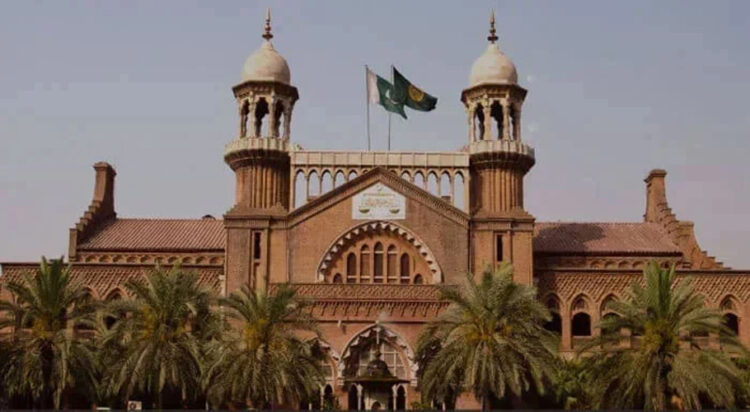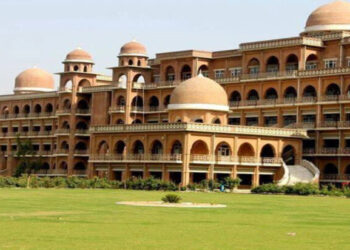In a landmark ruling, the Lahore High Court has upheld that a woman remains entitled to her full deferred dower even after securing a divorce through Khula, provided the separation is due to the husband’s misconduct.
Justice Raheel Kamran issued the judgment while dismissing a petition filed by a man contesting lower court decisions in favor of his ex-wife, Iqra Saeed, for recovery of Rs 200,000 as deferred dower, along with dowry items and maintenance.
Justice Kamran clarified that under Islamic law and the terms of the Nikahnama—a legally binding contract—the obligation to pay deferred dower persists unless the wife unilaterally seeks Khula without fault attributed to the husband. In this case, however, the woman presented convincing evidence of cruelty and disrespect, justifying her request for separation.
The court emphasized that the giving of dowry is a widespread cultural practice, prevalent across all social strata. Citing verses 228 and 229 of Surah Al-Baqarah, the judge noted that Khula has clear foundations in Islamic tradition, including precedents from the time of the Prophet Muhammad (Peace be upon him).
Referring to a Federal Shariat Court ruling, Justice Kamran reiterated that if Khula is sought due to the husband’s misconduct, the wife is not obligated to return the dower, and the court may determine any refund based on the case’s specific circumstances.


































